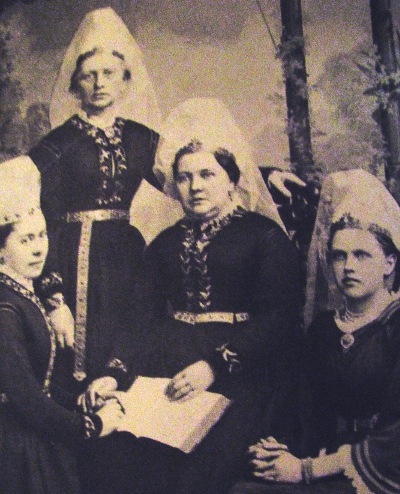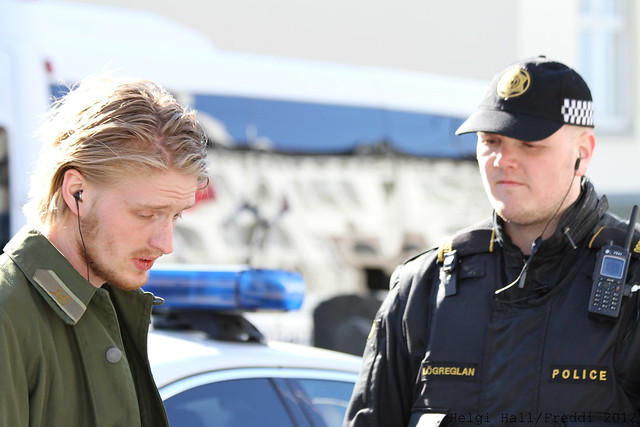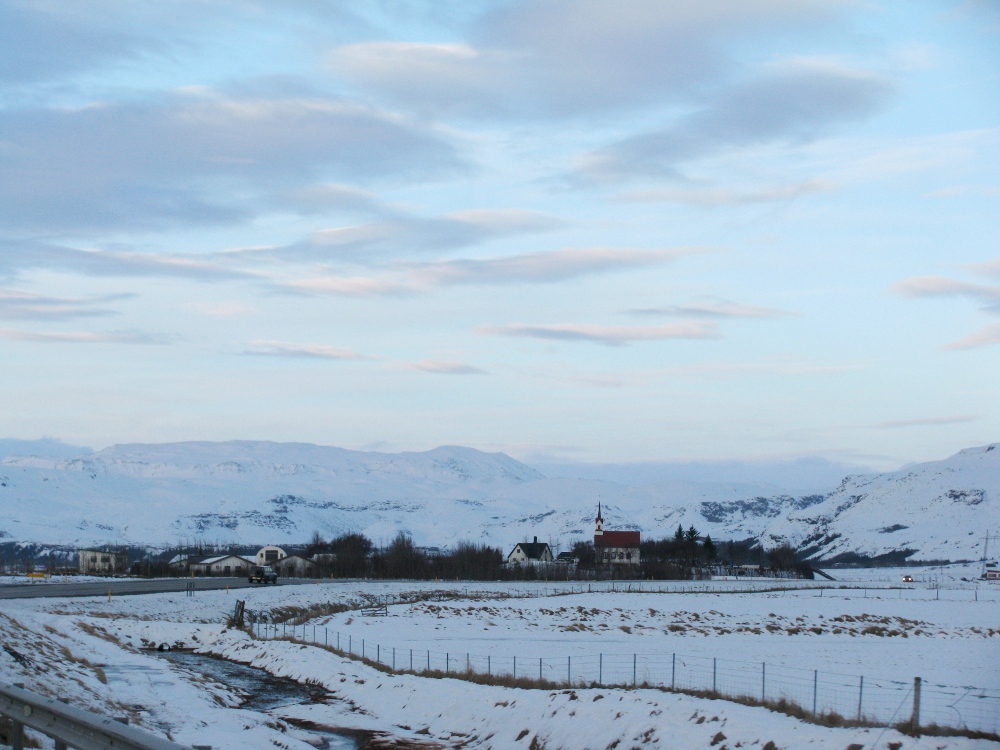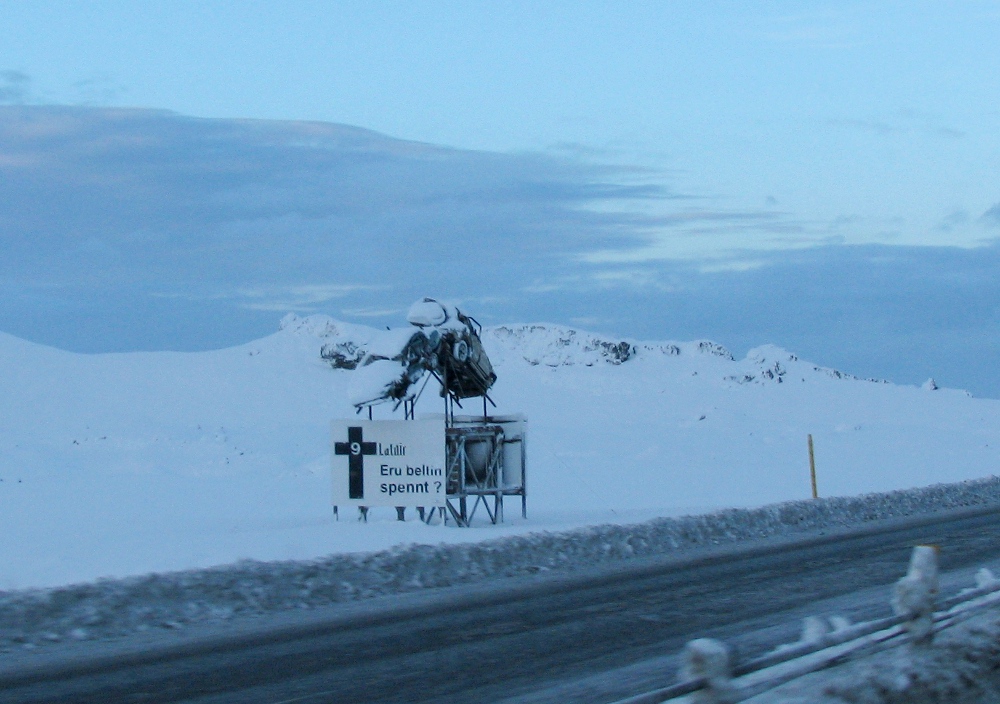Ice is news in Iceland Posted by hulda on Nov 25, 2013 in Icelandic culture, Icelandic customs
 Continuing on the November theme: news and how to read them in Icelandic. It’s a sad fact that the web translators invariably fail to translate Icelandic for the same reasons a language learner does: the complex declensions, homonyms, freely used proverbs (some of which can be as old as to be Medieval), loan words, unusual and complicated sentence structure that’s used to say something in as compact form as possible… reading the news in Icelandic is a trained skill even for the natives.
Continuing on the November theme: news and how to read them in Icelandic. It’s a sad fact that the web translators invariably fail to translate Icelandic for the same reasons a language learner does: the complex declensions, homonyms, freely used proverbs (some of which can be as old as to be Medieval), loan words, unusual and complicated sentence structure that’s used to say something in as compact form as possible… reading the news in Icelandic is a trained skill even for the natives.
In all fairness you don’t have to read the news in Icelandic. Iceland is a tiny little country in the middle of the Atlantic Ocean and has very small weight in the world matters unless it’s another sub-glacial volcano about to go BOOM on your aerial traffic*. However, to understand life here better and to see how some things presented in the foreign news aren’t quite as black and white as they’re made to sound like it’s good to be able to get to the source of them. Sometimes a few basic pieces of information are all you need to call out hoaxes, even!
Let’s look at Monday’s news and what’s so tricky about reading them, in other words what you need to look out for.
Flughálka víðsvegar um landið (link). The title on its own can be confusing: trying to internet-translate it results in “Flights Icy over the country”. Over the country, ok, something to do with whole Iceland, but what on earth is Flights Ice? Flughálka isn’t even in the dictionary!
By necessity Icelandic has numerous words to describe snow, ice and winter weather in general. These puzzling descriptions can be deciphered by a little bit of imagination: add the mental image of flight and ice together and you’ll get to someone slipping on ice with enough force as to seemingly learning to fly (you can find some examples here). Flughálka happens when weather turns cold suddenly and rain freezes a mirror smooth surface over the roads, which is one of the worst dangers in the winter traffic. Always check road conditions before heading out (link)! Today clicking at the map shows f.ex. that all the roads above Mýrdalsjökull and Vatnajökull aren’t in driving condition and that driving over Mosfellsheiði is strictly banned.
Eru beltin spennt? (= Are the seat belts fastened?) The number on the cross depends on how many people have died in accidents during the year.
Here are some word-to-word translations and then the real ones in comparison to show better how Icelandic news try to pack all the information into a very tight package.
Með suðausturströndinni er greiðfært fyrir utan flughálku á milli Kirkjubæjarklaustur og Víkur.
By / South-west coast / is / easily passable / for / outside / flight-ice / at / between / Kirkjubæjarklaustur / and / Vík.
By the South-west coast the roads are all in good condition with the exception of dangerously slippery roads in between the towns Kirkjubæjarklaustur and Vík.
Búast má við einhverjum truflunum vegna umferðar vinnuvéla og vörubíla.
To happen / may / with / some / trouble / because of / traffic / machines / and trucks.
Some disturbance on the roads caused by heavy machinery and trucks is to be expected.
Another interesting piece of news comes from quite near Reykjavík: Lokað í Bláfjöllum í dag (link) (= The Blue Mountains will be closed today)**. It’s a popular downhill skiing area that opened only yesterday, but since Icelandic weather is always Icelandic, skiing season much depends on the day.
Fyrsti opnunardagur vetrar var í Bláfjöllum í gær og margt um manninn.
The first / opening day / winter’s / was / in / Bláfjöll / in / yesterday / and / many / of / men.
The first winter opening day of the Bláfjöll skiing resort was yesterday and there were lots of people visiting the place.

“Okay okay! I said I am sorry!” Photo by Helgi Halldórsson (link).
Next I have a small piece of news on criminal activity in Iceland with translations. Try to match the meaning to the separate words to see how the conjugation, compact sentence structure and the unusual order of words works!
Kröfðust þess að félaginn yrði leystur úr haldi (link)
Demanded that the friend was let go after he had been arrested.
Lögreglan á höfuðborgarsvæðinu var kölluð að fjölbýlishúsi í austurborginni um eitt leitið í nótt, vegna hávaða frá samkvæmi. Húsráðandi, sem er kona á þrítugsaldri, lofaði að lækka í tækjunum og þagga niður í gestunum, en þegar það gekk ekki eftir kom lögreglan aftur á vettvang.
The police of the Capital City area were called to an apartment building on a hill in the east Reykjavík in the night because of a noisy party. The householder, who is a woman in her thirties twenties, (thank you Stefan for the correction, see the comment below for a valuable piece of information on Icelandic) promised to turn down the apparatuses and quieten the guests, but when this did not happen the police came back to the site.
Þá bað húsráðandi um aðstoð við að koma gestunum út. Þegar því var lokið og lögreglumenn komu aftur út, hafði einn gestanna girt niður um sig og sat berrassaður á vélarhlíf lögreglubílsins.
This time the householder asked for help in removing the guests (from her apartment). When that was done and the police came back outside had one of the guests dropped their pants and sat bare-arsed on the bonnet of the police car.
Hann veitti mikinn mótþróa við handtökuna, en var vistaður í fangageymslu. Nokkrir gestanna komu nokkru síðar á lögreglustöðina við Hverfisgötu og kröfðust þess að fá manninn lausan, og var nokkuð ónæði af þeim þar, segir í skeyti frá lögreglunni.
He gave a lot of resistance when arrested but was regardless filed into the lockup. Some of the guests came a little later to the police station at Hverfisgata and demanded that the man be freed, and caused some disturbance there, reads the report from the police.
 * The volcanoes have been relatively quiet lately. Katla is always rumbling a little and is actually a bit overdue her usual eruption schedule, as is Hekla. There are several volcanoes below Vatnajökull that are shaking a bit every now and then but nothing especially alarming is going on at the moment. If you’d like to follow closely on the Icelandic volcanoes’ daily life I warmly recommend the Iceland geology blog by Jón Frímann (link).
* The volcanoes have been relatively quiet lately. Katla is always rumbling a little and is actually a bit overdue her usual eruption schedule, as is Hekla. There are several volcanoes below Vatnajökull that are shaking a bit every now and then but nothing especially alarming is going on at the moment. If you’d like to follow closely on the Icelandic volcanoes’ daily life I warmly recommend the Iceland geology blog by Jón Frímann (link).
**Hulda’s notice to Tolkien fans: we have not yet found any dwarf-, hobbit- or dragon activity anywhere near the area. These may not be the Blue Mountains you’re looking for.

Build vocabulary, practice pronunciation, and more with Transparent Language Online. Available anytime, anywhere, on any device.
About the Author: hulda
Hi, I'm Hulda, originally Finnish but now living in the suburbs of Reykjavík. I'm here to help you in any way I can if you're considering learning Icelandic. Nice to meet you!






Comments:
Stefan:
Hello Hulda,
Interesting blog post as always. I just spotted one thing while reading through it: doesn’t “á þrítugsaldri” mean “in the twenties”? I learned this a while ago and it stuck in my head because it somehow makes you sound older than you actually are 😀 Equally, “á fertugsaldri” would be “in the thirties”, and so on.
Best wishes
Stefan
hulda:
@Stefan Whooops, I think you’re absolutely right! Thanks for the heads-up! 😀
Alicia:
Hi Hulda,
If I’m reading this correctly then Flughálka is what we’d call “glaze ice” in English (because it’s like glass). We call the conditions that produce it “freezing rain” or if it’s really bad it’s an “ice storm”. Is there a word for ice storm in Icelandic?
Thanks!
Alicia
hulda:
@Alicia I once lived in Birmingham for about a year. I remember this weather, rain that froze the moment it hit something, oh I remember it so well. I probably won’t ever be able to forget! 😀
I don’t think there’s an exact match but flughálka can indeed happen in a storm. Sometimes the winds here are so strong that they cause the rain to freeze. Hrímþoka is another troublesome type of this, not actually storm but thick fog that freezes on the ground. Frostrigning is another, similar type of weather, but it happens when the ground itself is cold and the air warm enough for rain.
Here’s a video I found quite interesting. It lists all the worst road conditions and shows how they look like. Hrímþoka looks quite out of this world…
http://youtu.be/J4c82NFr8_E